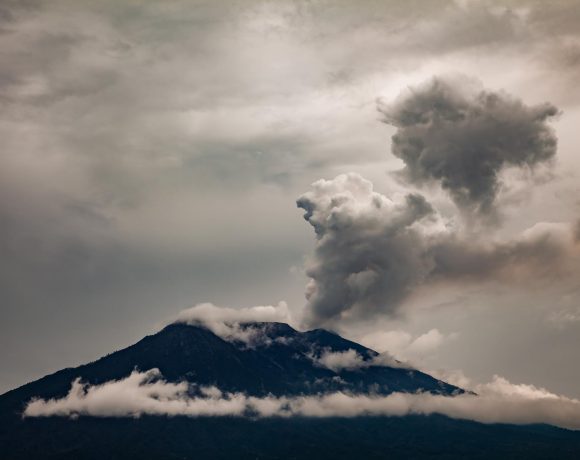
China Warns U.S.: Naval Presence in South China Sea Crosses “Red Line”
China has strongly condemned recent U.S. naval activities in the South China Sea, asserting that such military patrols cross a defined “red line” and fuel regional instability. The accusation was made by Chinese Foreign Ministry spokesperson Lin Jian in an official statement, reflecting Beijing’s heightened sensitivity to foreign military presence in disputed maritime zones.
In Lin’s remarks, the U.S. was characterized as maintaining a “high‑intensity military presence” near Chinese islands. She argued that these operations undermine China’s sovereignty claims and risk steering the region toward “accidents or misjudgements.” Through repeated objections, China has urged the U.S. and its allies to “cease their provocative military actions”, labeling them a cover for containment and interference under the guise of freedom of navigation.
South China Sea
The disputed waters of the South China Sea are of strategic importance, with overlapping claims from China, Vietnam, Philippines, Malaysia, Brunei, and Taiwan. The region includes vital shipping lanes, diverse marine life, and potential energy reserves. In recent years, China has solidified its presence via military bases on artificial islands and frequent patrols by Chinese coast guard ships.
China warning
Beijing views U.S. “freedom of navigation” patrols—accompanied by aircraft—as direct challenges to its territorial assertions. Lin emphasized that such actions produce a tense atmosphere that “increases the risk of miscalculation.” The Chinese official urged Washington to “stop harbouring illusions” about maintaining peace, insisting that military force is incompatible with regional harmony and trust.
Naval Patrols
U.S. Navy vessels have routinely sailed within 12 nautical miles of maritime features claimed by China, asserting rights under international law. Chinese authorities have intercepted these vessels and issued official protests, urging immediate withdrawal. Beijing argues that these patrols not only escalate tensions but also test the limits of diplomatic patience and provoke counter‑military responses.


















